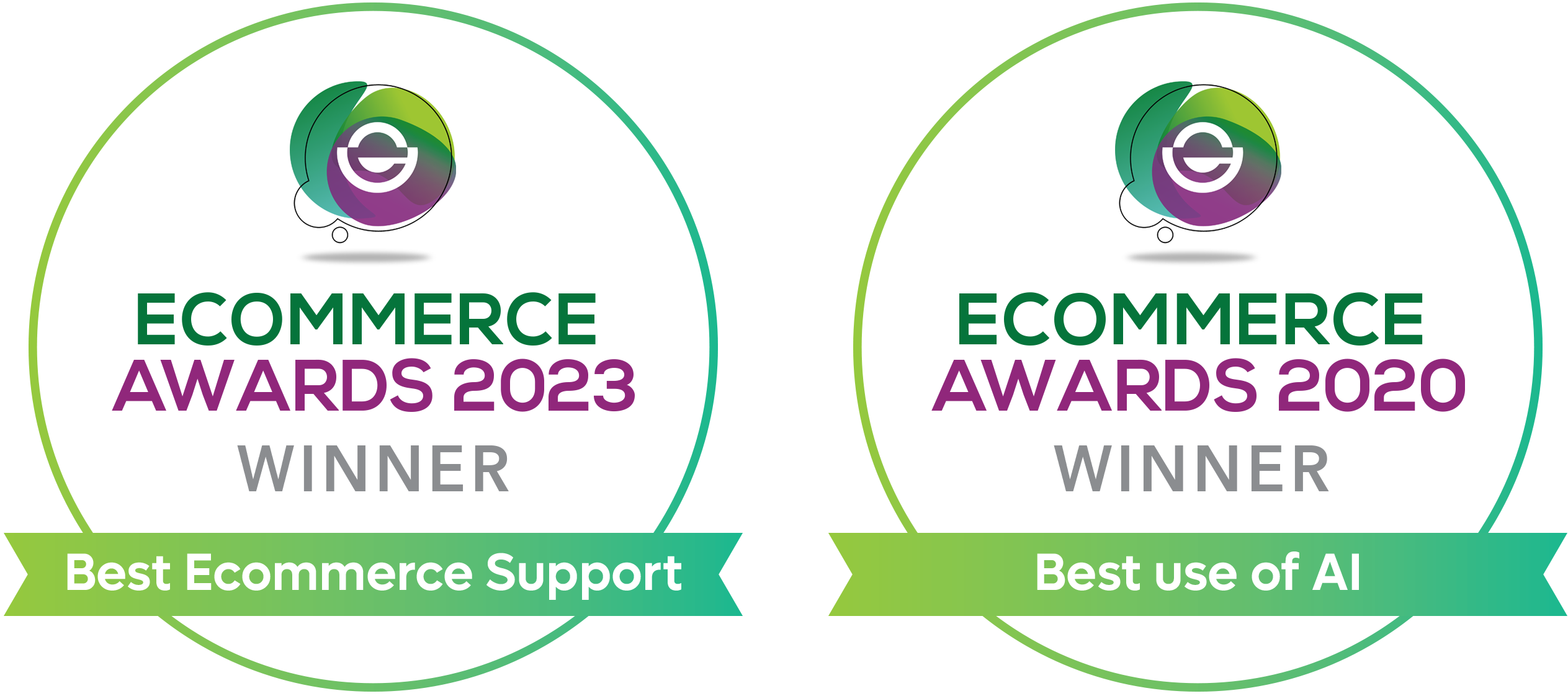The challenges of data driven leadership
What are the challenges of data driven leadership? To answer this question we first have to define leadership. Leadership and management are two different things that need to be disentangled before exploring the role of data, and there is often confusion over leadership qualities vs managerial qualities. Leadership is fundamentally about inspiring those around you to understand and participate in the organisational vision and overarching goals. Management on the hand is the day to day operational running of tasks that need to happen in order for a business to function. At a basic level, leaders have the vision, and ideas, set the culture and inspire teams whilst managers are more executional in following the vision and ideas and by endorsing the culture. Naturally, there is a close interplay between how senior teams lead and how they manage day to day.
With a growing eCommerce sector and an ever increasing and connected digital world, data driven leadership behaviours strive to connect evidence based processes and a customer centric focus using robust data analytics. Before this is even possible, there are significant challenges dependent on the maturity of any given business to fully embody data driven thinking as these require time, resources, and commitment to the vision of data-driven decision making, requiring leadership qualities. It is not enough simply to try to reference data to make business choices. If the data is not collected, cleaned, linked and analysed, within a well resourced data platform and analytics team, the data quality and availability will be too weak to use. And then even with robust data, a data driven culture requires all senior decision makers to seek strong analytical justification for their choices and to ensure their teams are empowered to use data analytics to support their work processes and choices.
When a business is truly data enabled and the leadership commits to being data-driven, the outcome should be accelerated decision making within internal processes and greater precision across objectives linked to KPIs, driving continual improvement. This yields success for both client or customer and the business in question. But what does it really mean to be a data driven leader? At the core, it means taking and driving accountability to evidence with up to date data and techniques, which refine and yield accurate insight in day to day decision making. Without this accountability, the gap between business impact and business purpose remains unconnected and continual improvement stalls. However, even with these leadership competencies present, making this shift become a reality can be easier said than done.
Challenges in Recruiting and Skill Gaps
Recruitment is a major challenge faced by most businesses. It is time consuming and can be expensive regardless of the industry. Within the data world, there appears to be a well documented supply and demand issue. Recruiter Hays saw an increase in technology hiring with cloud based skills at the start of the pandemic, followed by “an uplift in demand for data analysts and data scientists, particularly in the UK” (full article).
This digital skills gap is a cause for eCommerce, with its reliance on vast amounts of online data, especially if they want to leverage data analysis to make key decisions. With the added pressure of the pandemic many SMEs may not have the budgets to employ an analyst so rely on the big media tech firms such as Google and Facebook to directly supply analytics, and miss out on an independent view tailored to their needs. As businesses grow, there is a need for independent measurement and an objective interpretation of what data is saying. If small to medium businesses cannot invest in data driven growth then this becomes an economic issue despite the very best leadership skills.
Skills alone are not enough – finding and interviewing the right candidates is essential for successful recruitment and finding the right match for your business is one of the biggest leadership challenges. The right candidate for a data-driven role combines domain expertise, business acumen and communication skills along with hard to find specialist skills such as data analytics, data engineering and machine learning programming. These ‘unicorn’ candidates remain elusive for many, especially given the huge competition for these types of roles. Generally speaking, a good data analyst should have robust analytical skills with domain knowledge and enjoy solving analytical problems in real world applications. Communication skills are also vital in liaising with team members and non-technical people such as clients who will use the data for decision making. Sometimes within a team, there will be inevitable compromises, which can be managed by combining team members with complementary skills – for example, a domain expert business analyst working with a data science expert, or a big picture analytics communicator working with a detail oriented statistical analyst.
In a competitive market, smaller companies may struggle to match the compensation and benefits offered by larger companies. On the other hand, a smaller business may offer a more supportive and collaborative environment for data and analytics professionals to grow their competencies and experience. Businesses may have to compromise in the skill set or experience to build resource provision, committing to nurturing the personal growth goals of each team member. No amount of leadership competencies can ensure a smooth recruitment process to build your data driven team, however, it is up to the leaders to uphold their vision and ideals, to ensure these are implementing day to day within a path that may not always be straightforward.
It’s the Culture that Counts
All of which brings us back to company culture. It has been argued that true leadership is about inspiring and empowering the team. To lead a data-driven culture, leaders have to show that they too will be guided by data and sound analysis, and not by their own whims and prejudices. This means making sure that the senior team is open to challenge and persuasion driven by the evidence. A dysfunctional but all too common type of organisation makes decisions driven by HIPPOs (the ‘Highest Paid Person’s Opinion’), in other words through an organization prone to making bad decisions reflecting the limitations of the leadership imposed on the rest of the team. Rival opinions and views on key decisions should be aired, without an association of success or failure linked to the person making that view, and tied more to the quality of their argument and evidence than on their status within the organisation. The whole team should feel that the right choice is the one best supported by the evidence, and where there is evidence that points a different way, be prepared to adjust and change tack, without casting around for blame.
This does not mean that having a data driven culture will ever make leadership redundant. No amount of data can even run a company by itself. There is far too much room for interpretation and uncertainty for that. What organisations really need is rational and reasonable leaders, who nonetheless have a passion and vision to take risks, explore and innovate in the face of the big unknowns of the future.
Get in touch with us for expert advice!
Thanks for reading – we hope you learned something through this high-level tour of marketing effectiveness methods. If you want to learn more about expert data analytics using AI, or are interested in how Metageni can help you use your data to grow online, then do get in touch with us: hello@metageni.com
Gabriel Hughes PhD
Does this article resonate with you? Check out other posts to the right of this page.
Can we help unlock the value of your analytics and marketing data?
Metageni is a London UK based marketing analytics and optimisation company offering support for developing in-house capabilities.
Please email us at hello@metageni.com














